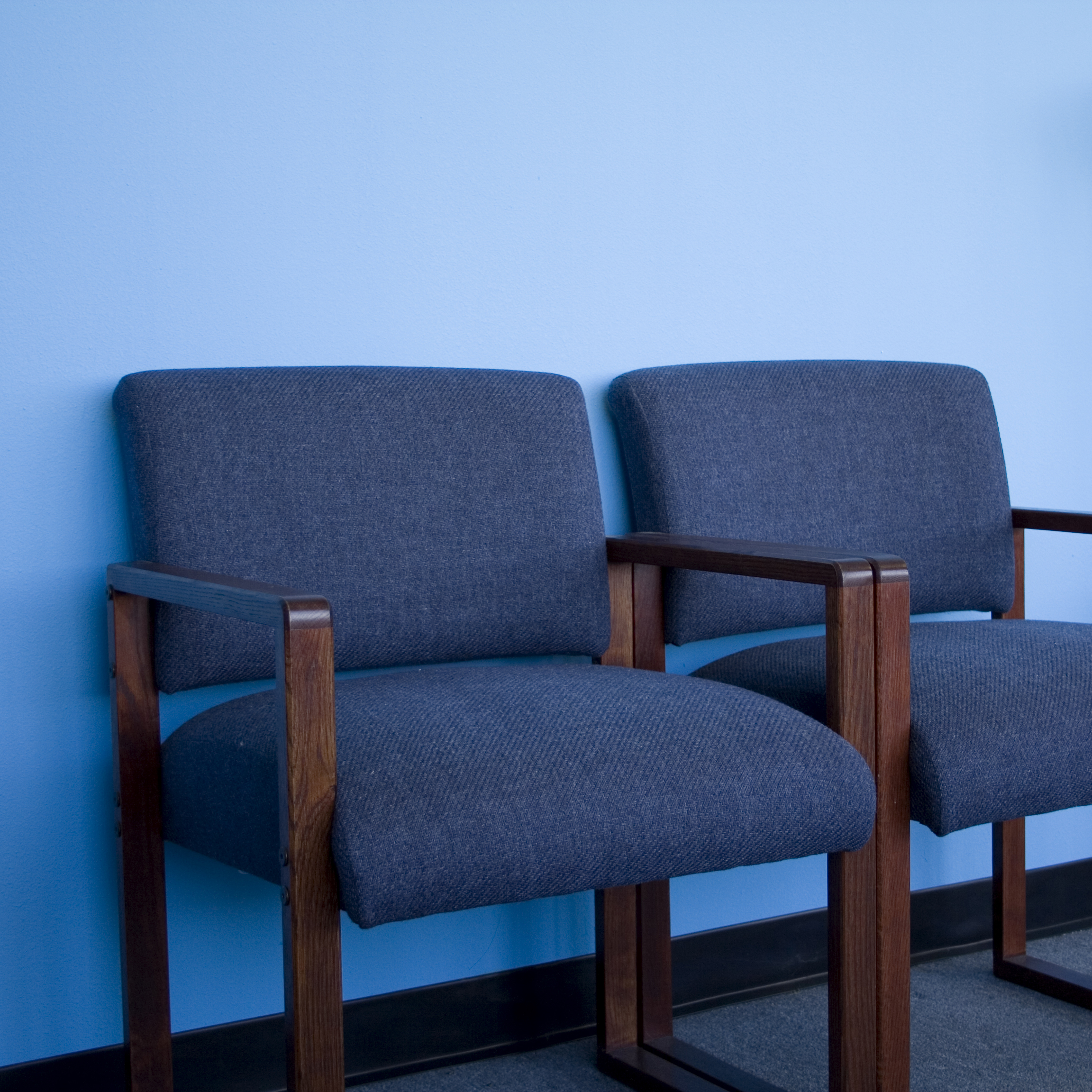Abortion rights, women of color, and LGBTQIA+ people are under attack. Pledge to join us in fighting for gender justice.
Dear State Legislatures: Stop Advancing Unconstitutional Abortion Bans

 Although the 2018 state legislative sessions have resulted in less anti-abortion legislation than recent years, it feels like unconstitutional abortion bans are everywhere:
Although the 2018 state legislative sessions have resulted in less anti-abortion legislation than recent years, it feels like unconstitutional abortion bans are everywhere:
- In early May, Iowa Governor Kim Reynolds signed into law legislation that will ban abortion as soon as a fetal heartbeat can be detected. For many women, this would ban abortion before they even know they’re pregnant, as early as six weeks into pregnancy.
- In March, the Mississippi Legislature voted to pass House Bill 1510, which would ban abortion in the state 15 weeks after a woman’s last menstrual period. Shortly after the bill’s passage, Governor Phil Bryant, signed the bill.
- Louisiana Senate Bill 181, which like Mississippi’s bill would ban abortion at 15 weeks, will likely see a vote this week, which could result in its final passage.
- Pennsylvania’s legislature has advanced a bill that would ban abortion when a women’s decision is based on a fetal Down Syndrome diagnosis, and recently introduced a bill that, like Iowa’s law, would ban abortion as early as six weeks.
Luckily, in the states where these bills have become law, litigation has quickly blocked them from taking effect. Reproductive rights advocates challenged the Mississippi ban and got a temporary restraining order blocking the law from going into effect until after a hearing on the law. Iowa advocates have indicated that they will challenge their state’s abortion ban, and it’s likely that bans in Louisiana and Pennsylvania will also be challenged. Bans that have passed in prior years – such as a 6 week ban in North Dakota, a 12 week ban in Arkansas, and 20 week bans in Arizona and Idaho – have been challenged and struck down as unconstitutional. These new challenged laws should meet the same fate.
These attacks are both egregious for women’s health and purposefully unconstitutional. Bans on abortion prior to viability – whether they are 6 weeks, 15 weeks, or 20 weeks, are unconstitutional on their face because they undermine a key provision of Roe v. Wade, which established that a woman has the constitutional right to decide whether to have an abortion before viability. And the Supreme Court also made clear that states can’t set a bright line for viability – it is left to each physician to determine for each pregnancy. Despite that clear precedent, many anti-abortion activists and politicians continue to pursue abortion bans in order to force the Supreme Court to revisit – and they hope to overrule – Roe v. Wade.
These states – which have recently passed an abortion ban or are trying to – have at least two things in common. The first is that they are amongst the states with the greatest number of restrictions on abortion, forcing a woman to jump through hoops which delay and increase the cost of her procedure. Making abortion more difficult to access has a detrimental effect, especially for women of color and those who already face barriers to care. And the impact on women’s health is particularly dire when a restriction bans abortion entirely.
The second thing that these states have in common is their less-than-stellar protections in place to support the economic security, opportunity, and equal treatment of women. Mississippi and Louisiana have the highest poverty rates in the country, and forty percent of Black women in Iowa live in poverty. Pennsylvania ranks in the bottom half of states for maternal mortality. But despite these records, their legislatures chose to focus on banning abortion, which only further diminishes women’s health and opportunity, and again, hits hardest those who face multiple and intersecting forms of discrimination.
The authors of these bills claim to introduce them to protect the health of pregnant women (while citing to numerous junk science claims and myths about abortion). But let’s be clear: abortion bans restrict a safe, legal procedure, and endanger women’s health. If these states, their legislatures, and others throughout the U.S. truly care about women, they should be trying to improve access to health care and the other supports that people need, not restrict it.





